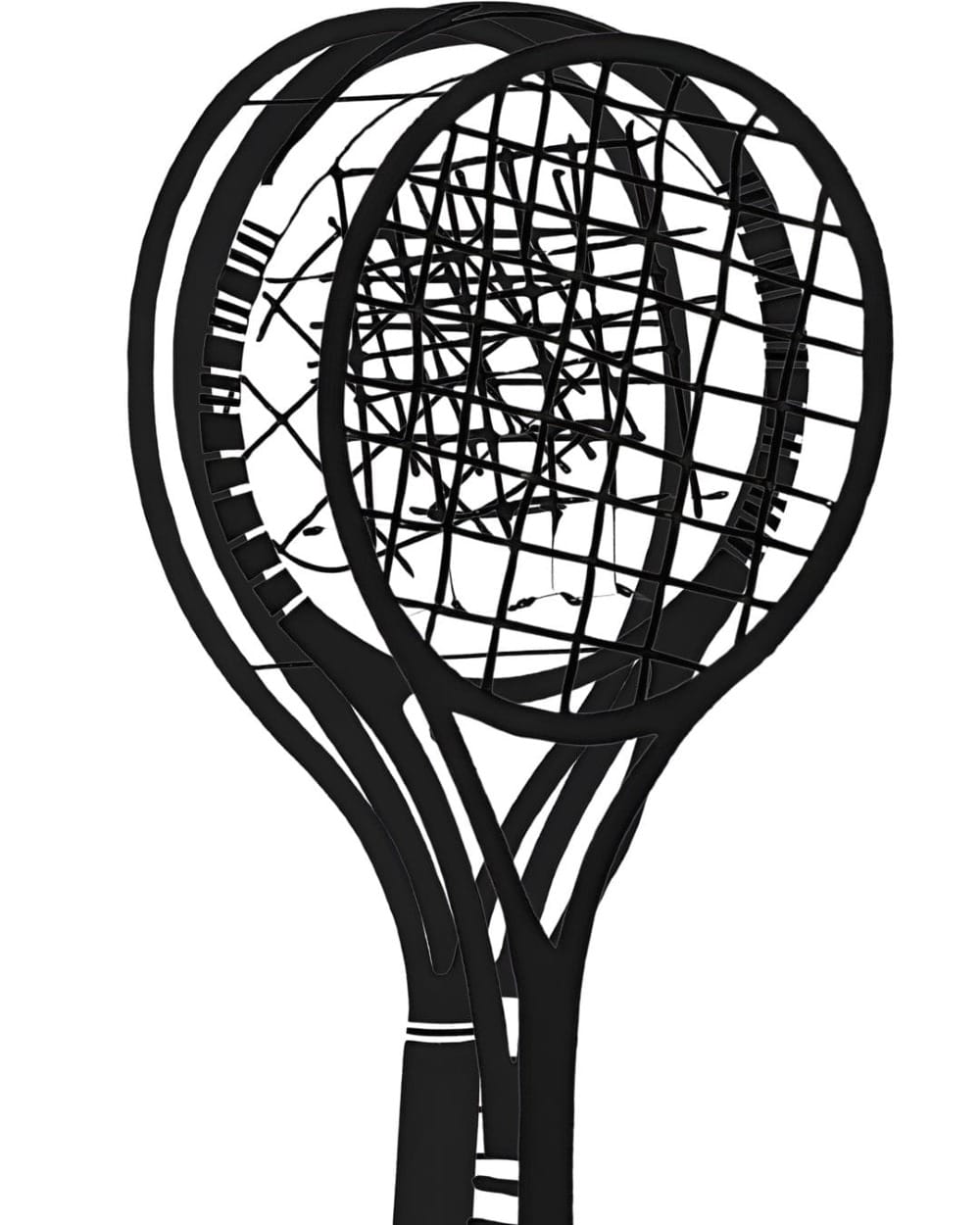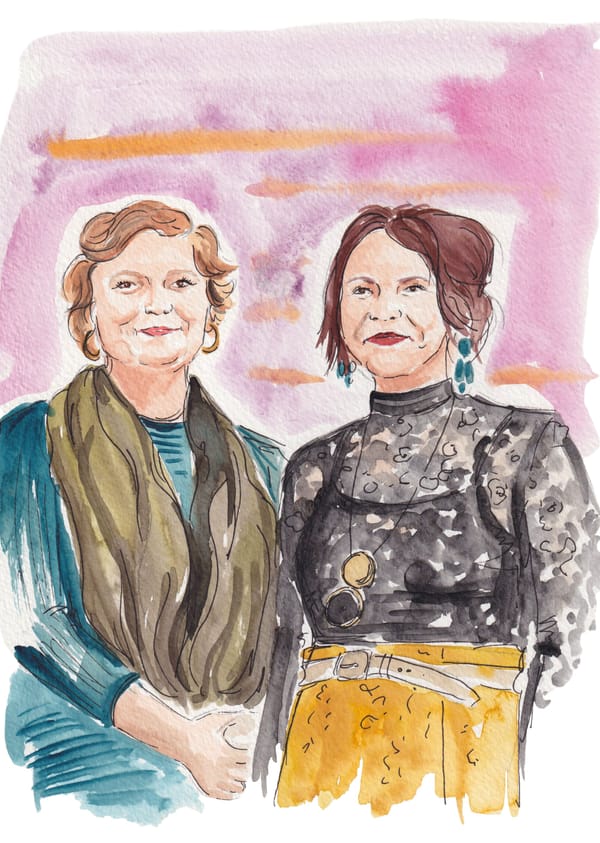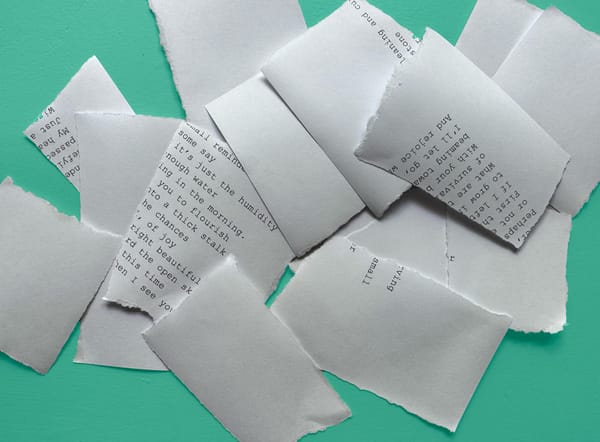The Unchecked World of Normalized Misogyny
Nick Kyrgios has been added to the BBC’s Wimbledon commentary roster. The move serves as a reminder that sexism is well entrenched.

Back in 2016, we learned one of the more painful lessons in modern history: Bragging about sexually abusing women does not prevent a man from being elected president of the United States of America.
Last week—in a similar vein—we learned another lesson: that having a track record of misogyny, sexism and bad behavior doesn’t prevent someone from being selected to join the commentary team for one of the most prestigious tennis tournaments in the world, after the BBC chose Nick Kyrgios as a commentator for this year's Wimbledon coverage.
Kyrgios, a 29-year old Australian, has been a mainstay of the top-tier tennis circuit since turning professional just over a decade ago. He made a name for himself beating the best men in the sport: Novak Djokovic, Roger Federer and Rafael Nadal. But what’s perhaps most remarkable about him has nothing to do with his victory record or serve speed.
Writing in the New Yorker in 2017, Louisa Thomas—perhaps somewhat charitably—described him as having an “unusually aggressive game.” The Guardian has labeled him “one of the most combustible characters in tennis.” Others have called him “mercurial,” “unsportsmanlike” and a “bad boy.”
Kyrgios has been fined tens of thousands of dollars for swearing and spitting during matches. In 2019, he was handed a suspended 16-week playing ban for “aggravated behavior” after verbally abusing officials and spectators.
Last year Kyrgios pleaded guilty to shoving his former girlfriend to the floor (but was spared a criminal record as the incident was deemed “a single act of stupidity or frustration.”) And in 2022, he was quoted in the online publication Tennis World as saying that he “low-key loves” Andrew Tate. (As a reminder, Tate, an online influencer, has made vitriolic misogyny integral to his personal brand. Since 2022, Tate and his brother Tristan have been battling human trafficking charges in Romania. In a separate case, Tate is facing allegations of “sexual aggression.”)
“If as a society we want things to change for the better, we have to stop elevating and promoting problematic men.”
Kyrgios’s brushes with the law, impulsive eruptions, and his affection for one of social media’s most prominent bigots haven’t exactly created a headwind for his career. The message sent to the world is clear: Even today, bad behavior—violent outbursts, casual misogyny and acts of abuse—can be brushed off as inconvenient (and perhaps even funny) as long as it's perpetrated by the right person.
The implication of the BBC’s decision to add Kyrgios to its commentators roster (assuming he’s still injured and can’t play by the time the tournament kicks off in July) is that he’s a perfectly reasonable face of the sport.
But so many things don’t add up.





